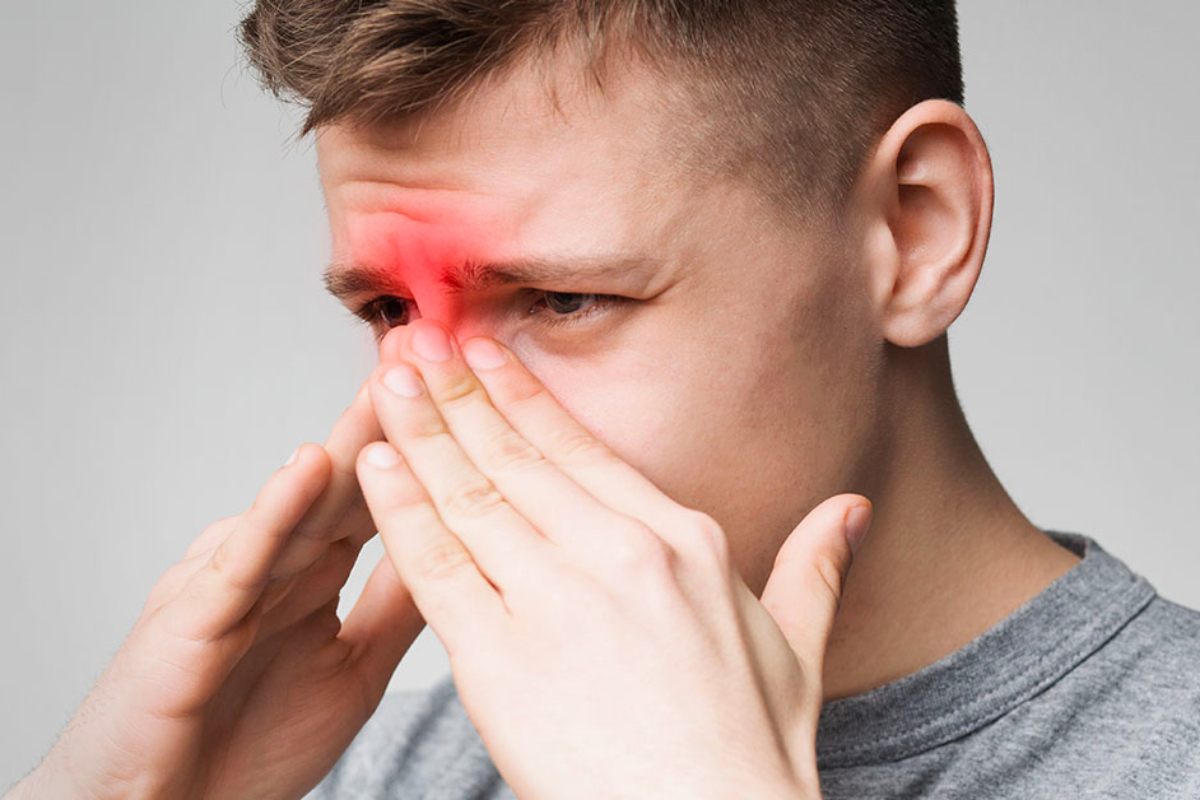
Constant nasal congestion and persistent discomfort could indicate more than just seasonal allergies. Chronic rhinitis, a condition characterized by long-lasting inflammation of the nasal mucous membrane, can significantly impact daily life. Understanding the causes, symptoms, and available treatment options is crucial for managing this condition effectively.
Defining Chronic Rhinitis:
- Long-lasting inflammation affecting the nose’s mucus membrane.
- Symptoms may vary in severity and persistence.
- Distinction between allergic and non-allergic rhinitis.
Allergic and Non-allergic Rhinitis:
- Allergic Rhinitis:
- Caused by allergens triggering an immune system overreaction.
- Common allergens include pollens, dust mites, animal dander, mold, and certain chemicals.
- Symptoms can last for years before a chronic rhinitis diagnosis.
- Non-allergic Rhinitis:
- Triggered by factors other than allergies, such as air pollution, weather changes, infections, spicy food, medications, and more.
- Less common than allergic rhinitis.
- No known cause in some cases.
Common Symptoms of Rhinitis:
- Runny or stuffy nose
- Post-nasal drip
- Sneezing
- Itchy eyes, ears, nose, and throat (allergic rhinitis)
- Watery eyes (allergic rhinitis)
- Nasal obstruction
- Crusting, bleeding, and pus-filled discharge
- Loss of smell, face pain, and headaches
Causes of Chronic Rhinitis:
- Allergic Rhinitis Causes:
- Body’s response to allergens like dust mites, pet dander, or pollen.
- Release of histamine and other chemicals by nasal lining cells.
- Persistent Non-allergic Causes:
- Viral infections, irritants (smoke, strong smells, chemicals), changes in humidity.
- Hormone changes, spicy food, certain food additives, and medication side effects.
Treatment Options:
- Medications (antibiotics, antihistamines, decongestants, corticosteroids)
- Nasal passage saline rinses (neti pot or bulb syringe)
- Desensitization injections (allergy shots)
- Surgery
Risk Factors:
- Older age
- Persistent colds leading to sinus inflammation
- Genetic predisposition to allergies
Prevention Strategies:
- Allergy testing to identify allergens.
- Avoidance of known allergic triggers.
- Regular cleaning to eliminate dust, animal dander, or mold.
- Staying indoors during high pollen counts.
Conclusion: While there is no cure for chronic rhinitis, understanding its causes, symptoms, and treatment options empowers individuals to manage the condition effectively. A combination of preventative measures, allergen avoidance, and appropriate medical interventions can alleviate symptoms and improve the overall quality of life for those affected by chronic rhinitis.



